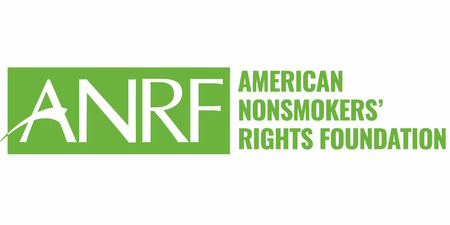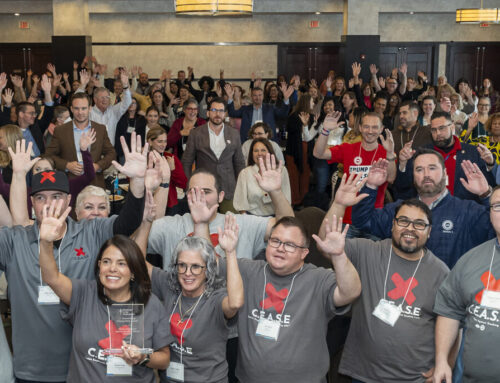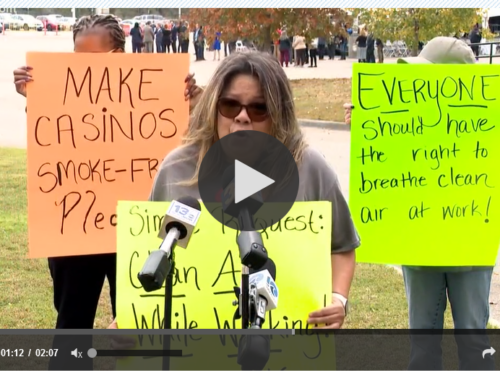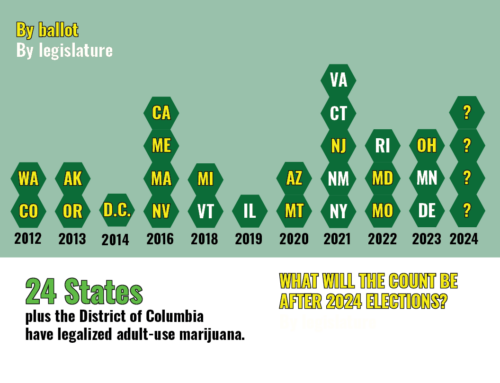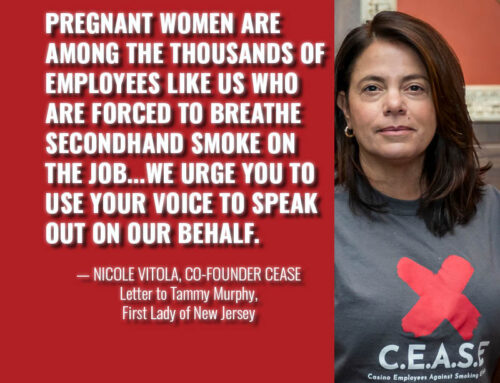Wow—the U.S. Food and Drug Administration has named Walgreens America’s #1 worst offender of illegal tobacco sales to youth, with more than 1,800 violations.
In contrast, competitor CVS successfully went 100% tobacco-free in 2014 by ending the sale of all tobacco products, including electronic vaping devices. Pharmacies that claim they want to help people quit their tobacco addiction should not make customers stare at big power wall of addictive tobacco products at checkout- literally while buying their cessation patches and gum.
Walgreens T21 – A Public Relations Gimmick
In April 2019 Walgreens announced a business policy to only sell tobacco products to people over 21. This is a PR move designed to distract people from the fact this is a healthcare facility that still profits from hooking kids and sickening people from tobacco. A real corporate policy would be to end sales of tobacco like CVS and nearly all independent pharmacies. Walgreens wants to have its cake and eat it too. They want to maximize tobacco sales and profits while also wanting regulators to consider them front line healthcare service providers when it comes to licensing, zoning, and other issues.
Walgreens has made it clear it intends to remain part of Big Tobacco, hooked on its profits. See article in the Chicago Tribune.
What Can We Do?
Walgreens isn’t going to act on its own. Cities and states need to take action by enacting laws that prohibit sales of tobacco products in pharmacies. This is supported by pharmacist organizations, the American Medical Association, and public health organizations.
More than 200 localities and the state of Massachusetts already have tobacco-free pharmacy laws. For resources and model language, visit our Tobacco-Free Pharmacies Page. Communities have every right to expect that local health care service providers like Walgreens should not also be contributing to the burden of tobacco-related illness and health costs.Here is a link to ANR’s model ordinance Prohibiting the Sale of Tobacco Products by Health Care Institutions that cities can consider adopting. For more information, contact ANR.
Walgreens and the Tobacco Epidemic
See our 2014 Op-Ed, “Walgreen: At the intersection of healthy, happy—and hypocritical”
The number of U.S. high school students using tobacco products increased 38 percent between 2017–2018. Years of tobacco use prevention success is “vaping away” with the rise of products like JUUL (owned in part by tobacco giant Altria). A new generation is becoming addicted to nicotine thanks to these products, and the behavior of tobacco retailers like Walgreens puts its own profit ahead of public health. See more about Big Tobacco and JUUL.
More information
Senators also advocate for Walgreens to stop selling tobacco.
